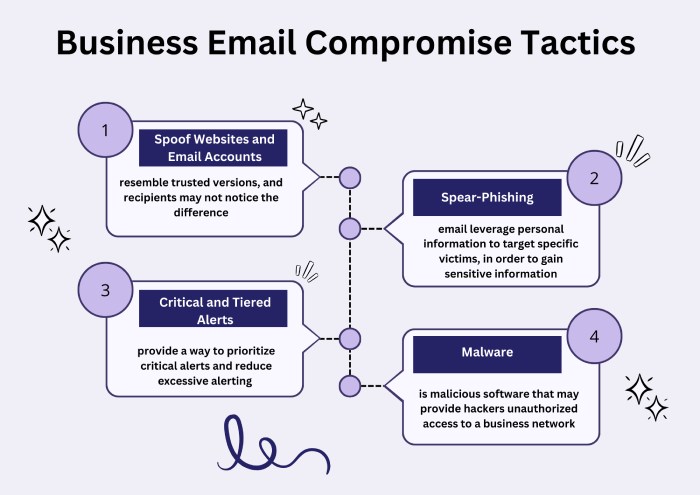Cybercrime Surge: The Automotive Sector Under Siege!
The automotive industry is known for its stability. Even when it received a significant setback during the COVID-19 phase, the automobile industry managed to come out of the dark phase and increased its sales to 75.3 million units. By the end of 2033, the global automotive industry is expected to be worth a whopping $7 million.
And it is this spectacular growth and robust hold on the market that make the automotive industry a favorite pick among the cybercriminals.
Let’s see how vulnerable the vehicle industry is when it comes to cyber threats!
Cybercriminals Aiming To Penetrate Deep Into The Automotive Sector!
Cybercriminals are forever ready with their tailor-made industry attacks. While other sectors like finance and defense face the risk of illegitimate access to their sensitive data or intellectual property, the primary concerns for the automotive sector are VEC (Vendor Email Compromise) and BEC (Business Email Compromise) attacks. Lately, the automobile industry has been experiencing a sharp spike in VEC and BEC attacks.
The latest incident is quite alarming, where a threat actor managed to dupe a naive employee at Toyota Boshoku. The fraudster convinced the victim to alter their wire bank account details and swindled around $37 million.
But why is the automotive sector a popular pick among the threat actors?
Automotive Sector And Its Vulnerability
The key factor making the automobile industry a popular target among threat actors is its high-value transactions. The intricate supply chain system with multiple vendors is yet another reason for threat actors to seep into the vehicle industry.
Cybersecurity experts believe that the BEC and VEC attacks no longer rely on conventional tactics and are more inclined towards advanced social engineering strategies. And that’s exactly why traditional security measures are not adequate to prevent BEC and VEC attacks.
Basically, scamsters conveniently impersonate vendors and colleagues through compromised accounts or spoofed emails and compel the victims to initiate illegitimate payments or share sensitive data.
The key to bypassing phishing protection measures is to sound credible and create a sense of urgency. Threat actors do the same by posing as reliable and trusted senders and leveraging urgency to compel swift actions.
In the case of BEC attacks, the malicious emails do not include any suspicious links or attachments, which further enhances their credibility.
Conventional email security measures are eventually failing to stop these fraudsters from breaking into the automotive industry. The need of the hour is a fail-proof security setup that can identify modern social engineering tactics and the latest threats.
How To Safeguard The Automobile Sector From Cybercriminals?
Advanced security systems powered by artificial intelligence can easily help automobile companies to steer clear of BEC and VEC attacks. AI effectively studies the repetitive patterns and underlying email environment by scanning the email content minutely which further helps in determining the legitimacy of every email.
Also, organizing regular employee training sessions to keep them well-versed about the latest social engineering strategies can help prevent major BEC and VEC attacks.


